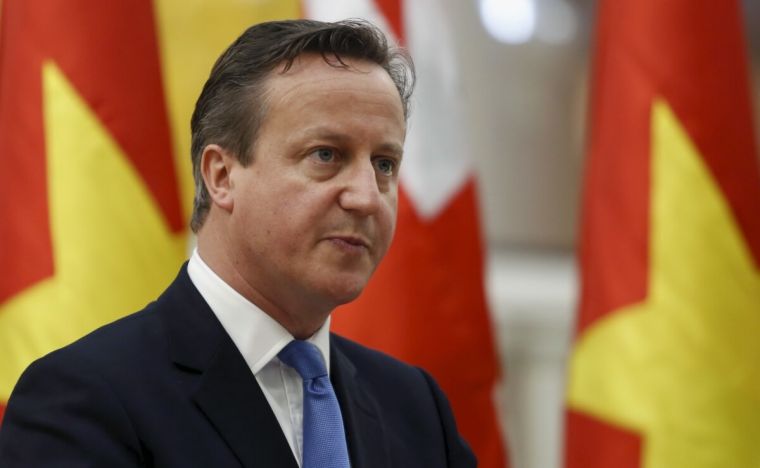Cameron pledges to address roots of UK Islamist extremism in 2016

Prime Minister David Cameron pledged on Friday to address the root causes of extremism in Britain this year as part of a wider plan of social reform to be built on the country's recovering economic foundations.
Among the problems fostering extremism, he said, were failure to integrate, the dangers of deprivation and the treatment of women in some communities.
"This is one of the biggest issues facing our country," he said in a New Year's message.
"Of course, we need to tackle the hate preachers and take down the online material that radicalises so many. But we also need to address the issues that for too long have been swept under the carpet."
A government review later in the year would be setting out the issues in detail and Cameron pledged: "We will respond with vigour."
British security services have foiled seven terrorism plots over the past year and the country is on its second-highest security alert level of "severe", meaning an attack is considered highly likely, mainly because of the threat posed by Islamic State militants in Syria and Iraq.
Britain's worst Islamist attack was in July 2005, when 52 people were killed by suicide bombs on underground trains and a bus.
Among other social reforms in focus for 2016 would be to increase home ownership and social mobility while reducing poverty and the gender pay gap, Cameron said.
"It is not just an economic outrage, but a moral one that hard-working young people are priced out of the housing market," he said, warning local councils that if they didn't build the homes their areas needed, the government would intervene.
On poverty, Cameron said a more targeted strategy was needed for those most in need of help, focusing on tackling root causes like worklessness and family instability.
He wanted more movement on addiction and mental health, especially in prison, and to rescue more children from being stuck in failing care systems.
He added: "I genuinely believe we are in the middle of one of the great reforming decades in our history – what I would call a 'turnaround decade,' where we can use the platform of our renewed economic strength to go for real social renewal."











